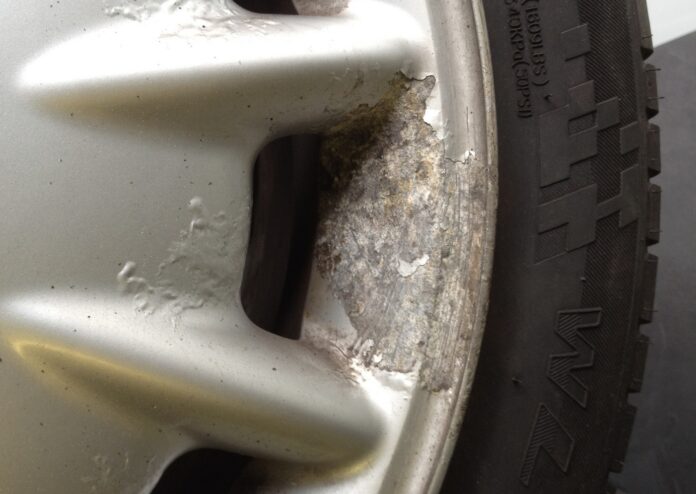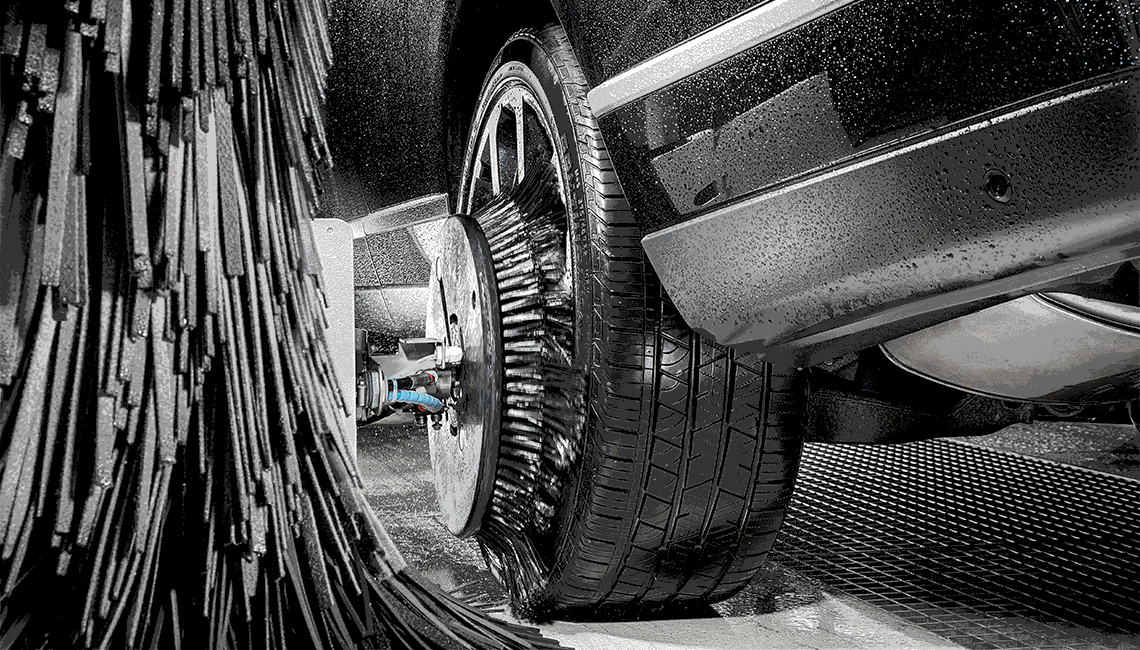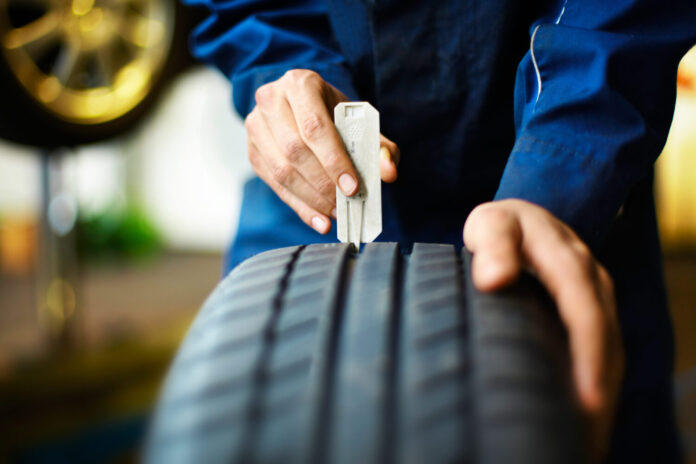Let’s face it – those gorgeous alloy wheels don’t have an easy life. They take a daily beating from potholes, winter precipitation, scraping curbs, and brake dust that grates away at their protective finish. Its remarkable alloy rims stay shiny as long as they do.
But while alloys operate in demanding conditions, with some maintenance you can keep corrosion at bay and maintain your wheels in glistening form for the long haul. This guide outlines proven alloy wheel corrosion prevention tips you can implement right away. Before that though…
Why Are Alloy Wheels Prone to Corrosion?

The aluminum and magnesium metals in alloy wheels provide an attractive, lightweight design. However, they can corrode more readily than steel when the protective outer clear coat is compromised. The following are some of the common factors that contribute to corrosion on alloy wheels:
Road salt and moisture
The sodium chloride and other salts used for de-icing roads during winter interact with moisture to form an electrolytic solution that readily oxidizes and corrodes metal. This salty solution sticks persistently to alloy wheel surfaces, allowing ongoing corrosion reactions.
Brake dust buildup
Tiny iron particles from brake pad wear cling to alloy wheels. In the presence of moisture, these iron particles oxidize and corrode the underlying aluminum metal. Brake dust is especially prone to cake around the inner lip of alloy wheel rims, where moisture exposure is high.
Sun exposure
The sun’s UV rays gradually degrade the protective clear coat on alloy wheel surfaces over years of exposure. This allows moisture to penetrate the porosity of the degraded coating and reach the vulnerable metal below, causing corrosion.
Road debris
Gravel, rocks, and other debris flung up while driving can nick and scratch the wheel surface. Even the tiniest scratches in the clear coat remove a layer of corrosion protection and expose the raw alloy metal to air and moisture.
Harsh cleaning chemicals
Some wheel cleaners, especially those with acidic, alkaline, or abrasive formulas, can gradually strip away protective clear coatings when used repeatedly over time. This leaves alloy metal vulnerable to corrosion agents. Even trusted cleaning brands can damage the finish if applied improperly at high concentrations or with excessive scrubbing force.
Once the outer clear coat layer is compromised, early symptoms of corrosion on alloy wheels include:
- White, powdery deposits along the spokes and inner rim edge
- Pitting, rough texture, or dull spots
- Bubbling clear coat
- Rust bleeding under scratches
If early damage goes unaddressed, corrosion can spread across the entire alloy wheel surface over time, thereby resulting in an increasingly unsightly, mottled appearance. Advanced corrosion also impacts wheel integrity and tire seal, eventually leading to slow air leaks around corroded rim edges.
Preventative Steps You Can Implement Immediately

The good news is corrosion on alloy wheels is readily preventable with consistent maintenance. Some of the recommended preventive practices include:
Weekly wheel washing
Thoroughly cleaning alloy wheels once a week prevents the cumulative buildup of corrosive brake dust and road grime. Use a soft wash mitt with a mild, pH-balanced wheel cleaner. Avoid dish soap, which can strip away protective coatings.
Post-salt rinses
During winter months when driving on salted roads, take 5-10 minutes when you return home to thoroughly rinse road salt off all wheel surfaces using a pressure sprayer. This prevents salty residue from sticking and dissolving protective finishes. The sooner salt is rinsed away, the less corrosion damage it causes. At minimum, aim to rinse wheels off the same day if driving through winter precipitation or on freshly treated roads.
Regular waxing
Applying a coat of automotive wax or wheel sealant every 6 months provides a hydrophobic barrier that beads up moisture and adds another layer of armor against salt, brake dust and other corrosion agents. Carefully follow product label directions, avoiding brake rotors. Also, be sure to re-apply after washing off all prior wax.
Touch-up clear coat
At the very first sign of scratches, scuffs or exposed metal, reapply a clear coat to those areas to prevent moisture intrusion and corrosion spread. Remember, a little touch-up maintenance goes a long way.
Tire rotation
Rotating tires every 5,000-6,000 miles spreads brake pad dust accumulation evenly across all wheels over time. This prevents excessive dust buildup which can corrode any single wheel.
Periodic wheel inspections
On a monthly basis when washing wheels, take a few extra minutes to inspect for early signs of clear coat degradation, scratches permitting moisture intrusion, powdery white corrosion deposits, dull spots, or wheel discoloration. Addressing subtle early warning signs promptly reduces the need for major repairs later on.
When is Professional Help Needed?

If a periodic wheel inspection reveals extensive flaking or peeling clear coat, heavy pitting into the metal, pervasive dullness or white/off-white corrosion deposits across much of the wheel surface, it is probably time to seek professional help. Similarly, if air is noticeably leaking around the bead or you notice mushrooming deformation of the rim lip from unchecked corrosion, the wheels require expert corrosion repair.
Qualified wheel refinishing professionals have specialized tools, metal treatments and high-quality coatings to strip away all corrosion damage and fully rebuild your alloy wheels’ protective finishes from the ground up. This can restore severely corroded wheels to a close-to-new condition. They also offer precision cosmetic repairs of curb scuffs and scrapes to prevent further issues.
Conclusion
Alloy wheels might be vulnerable to corrosion over time, but staying on top of maintenance can keep your rims factory-fresh for years. Simple actions like weekly washing, regular waxing, and periodic tire rotation can help prevent costly repairs or replacements down the road. Have any other useful tips worth sharing? Let us know in the comments below.





![Calgary’s Hottest Neighborhoods for Luxury Homebuyers [2024]](https://thewashingtonote.com/wp-content/uploads/2024/04/Calgary-324x160.png)



